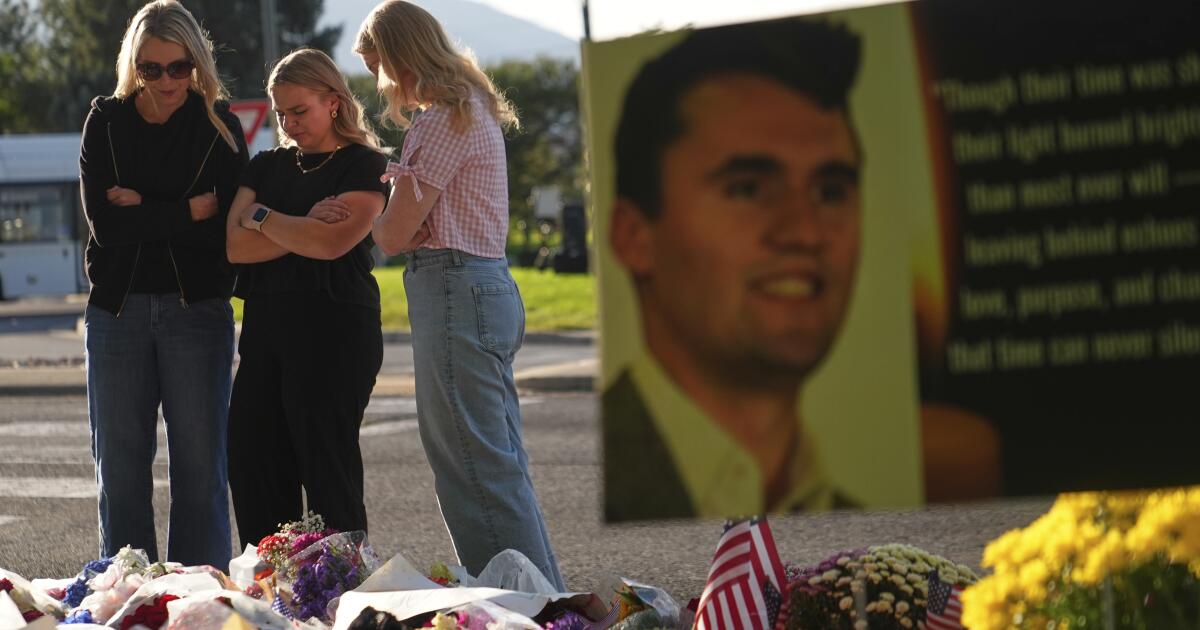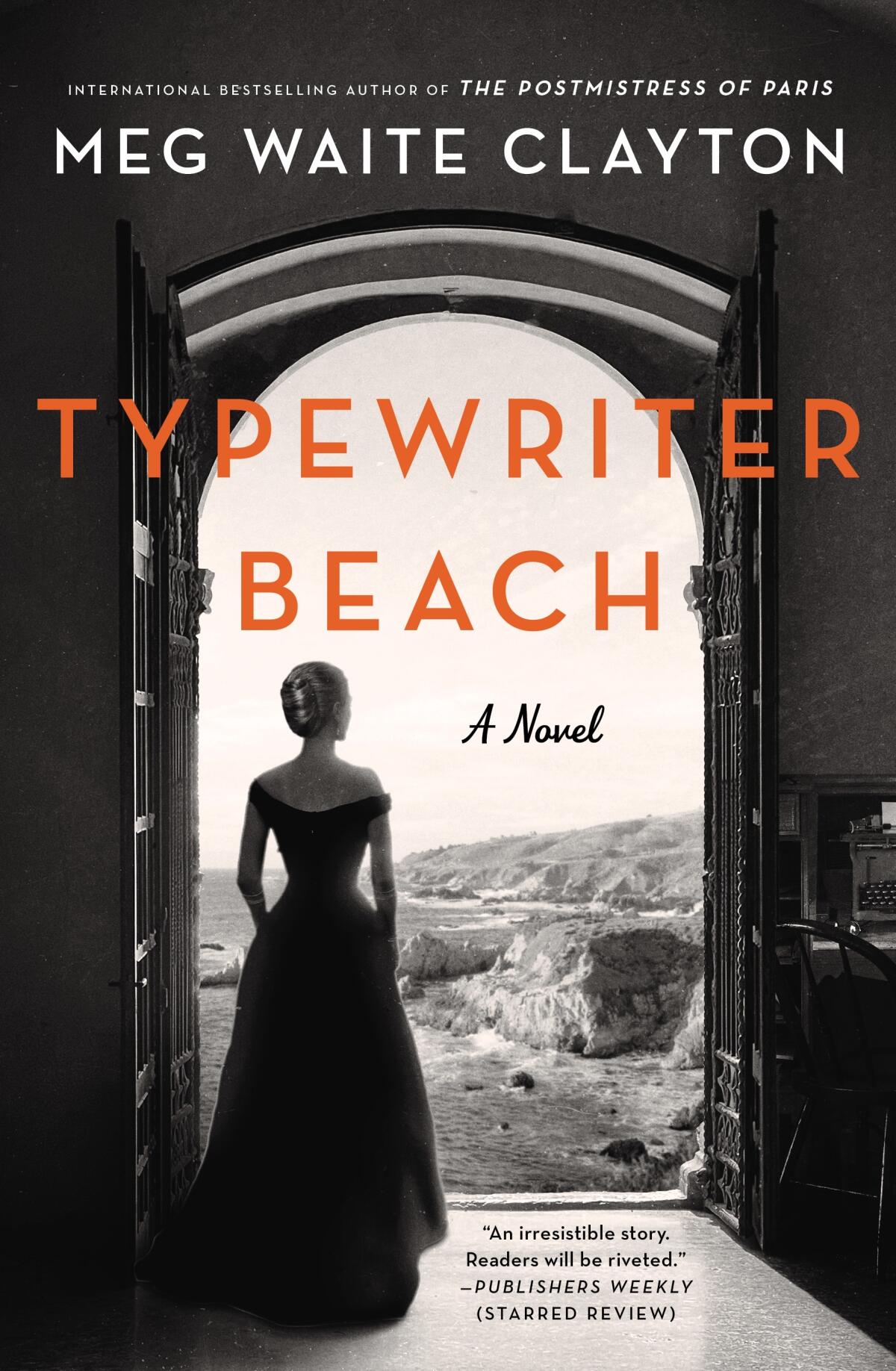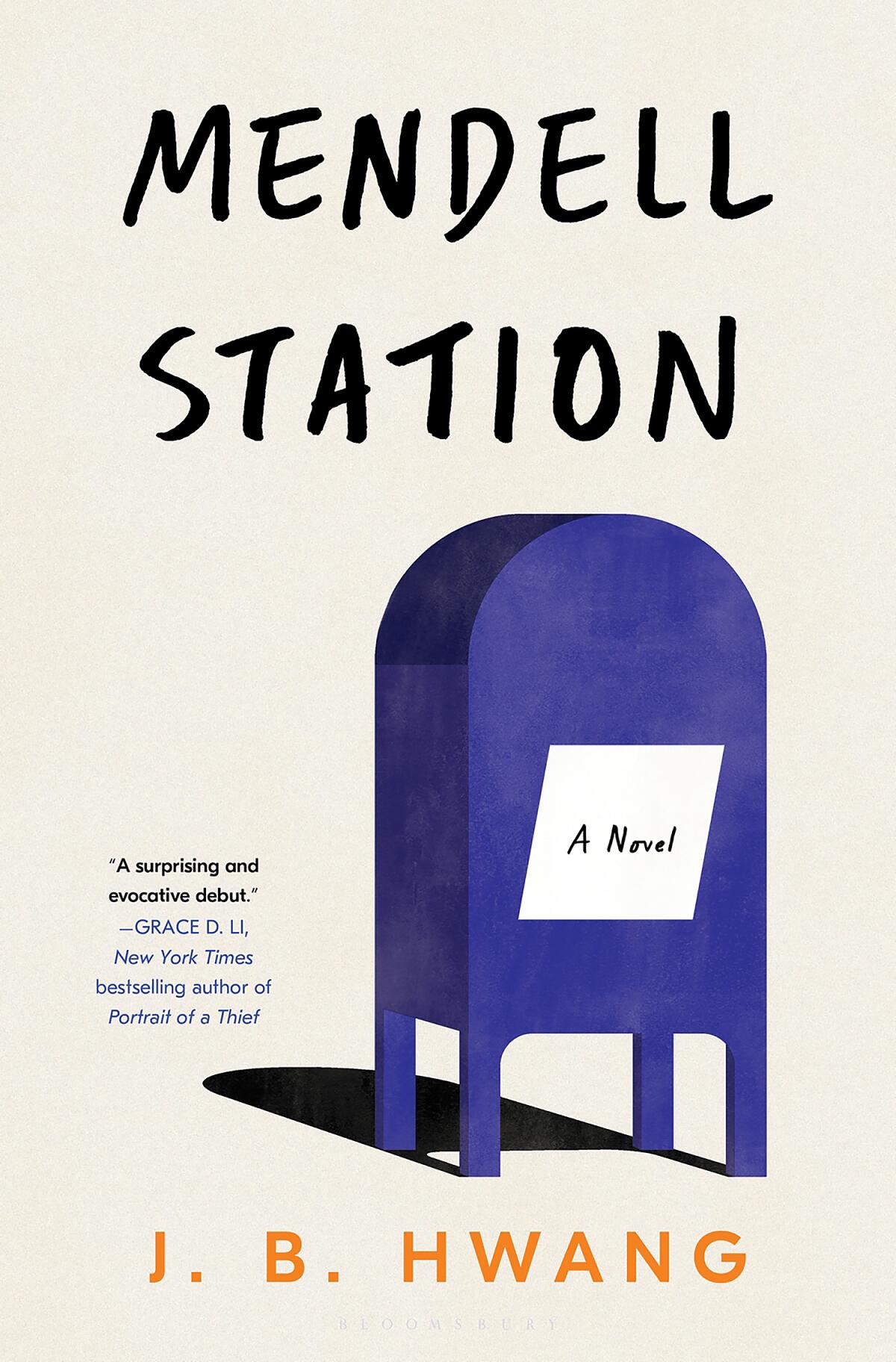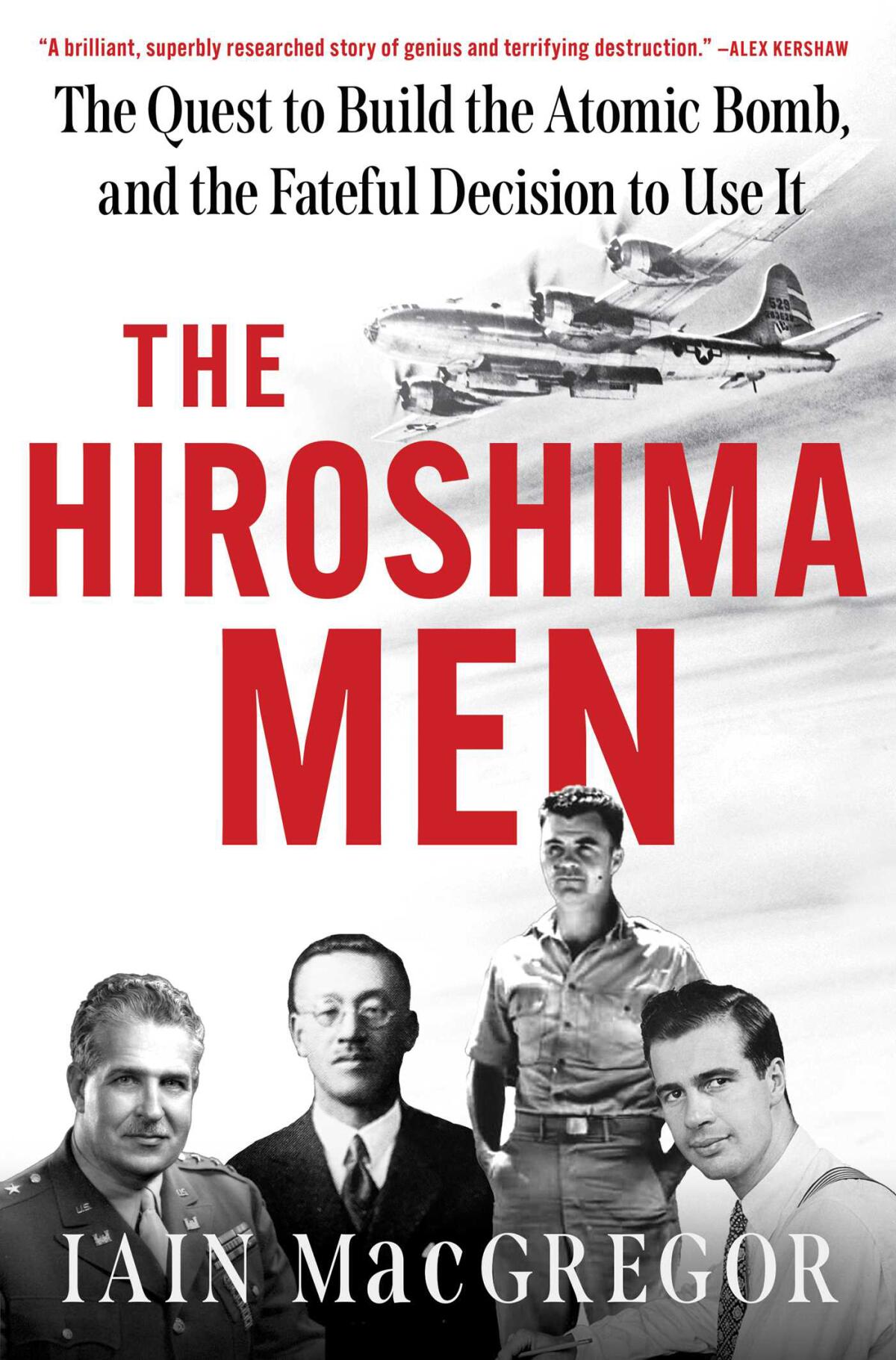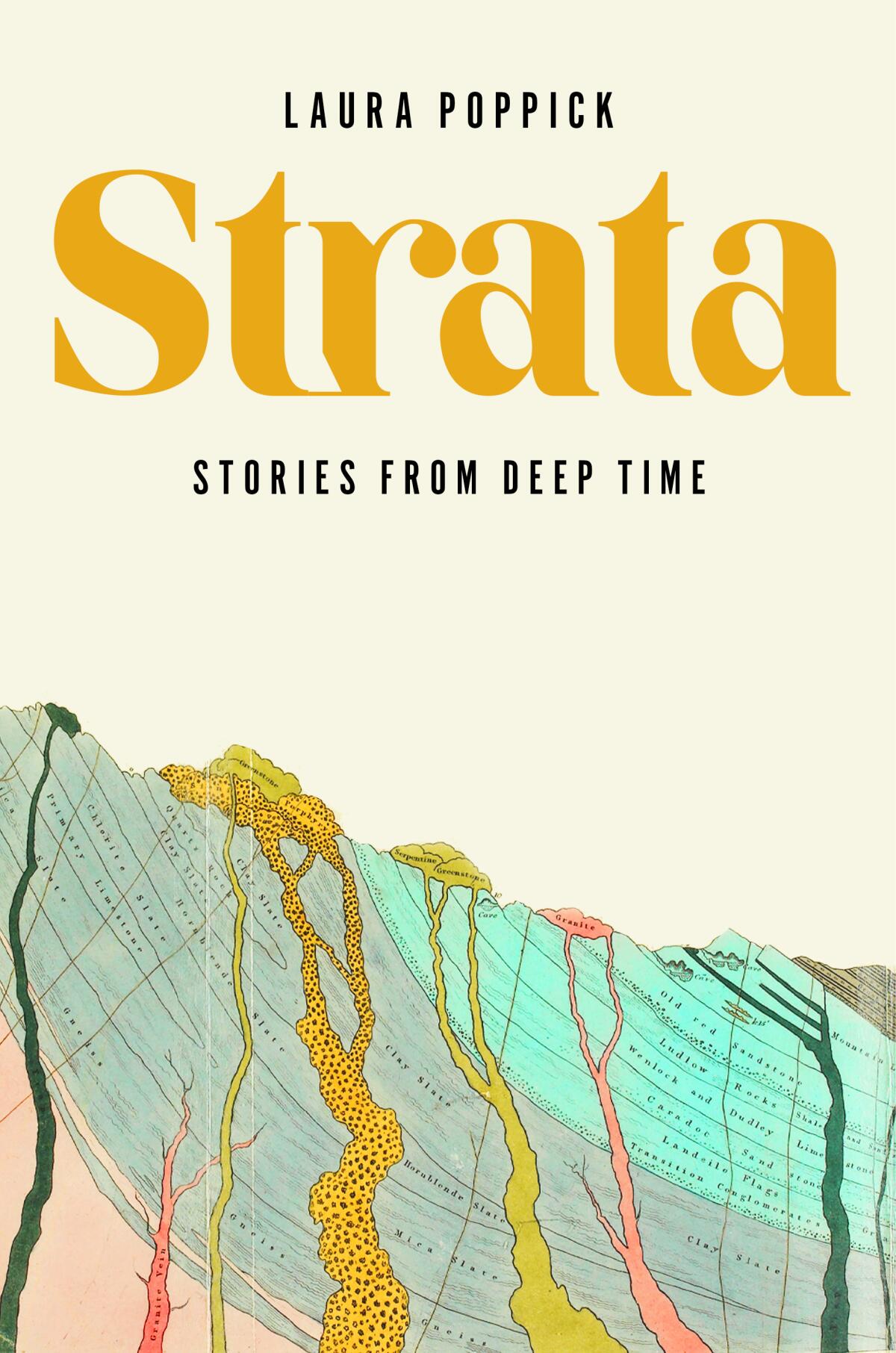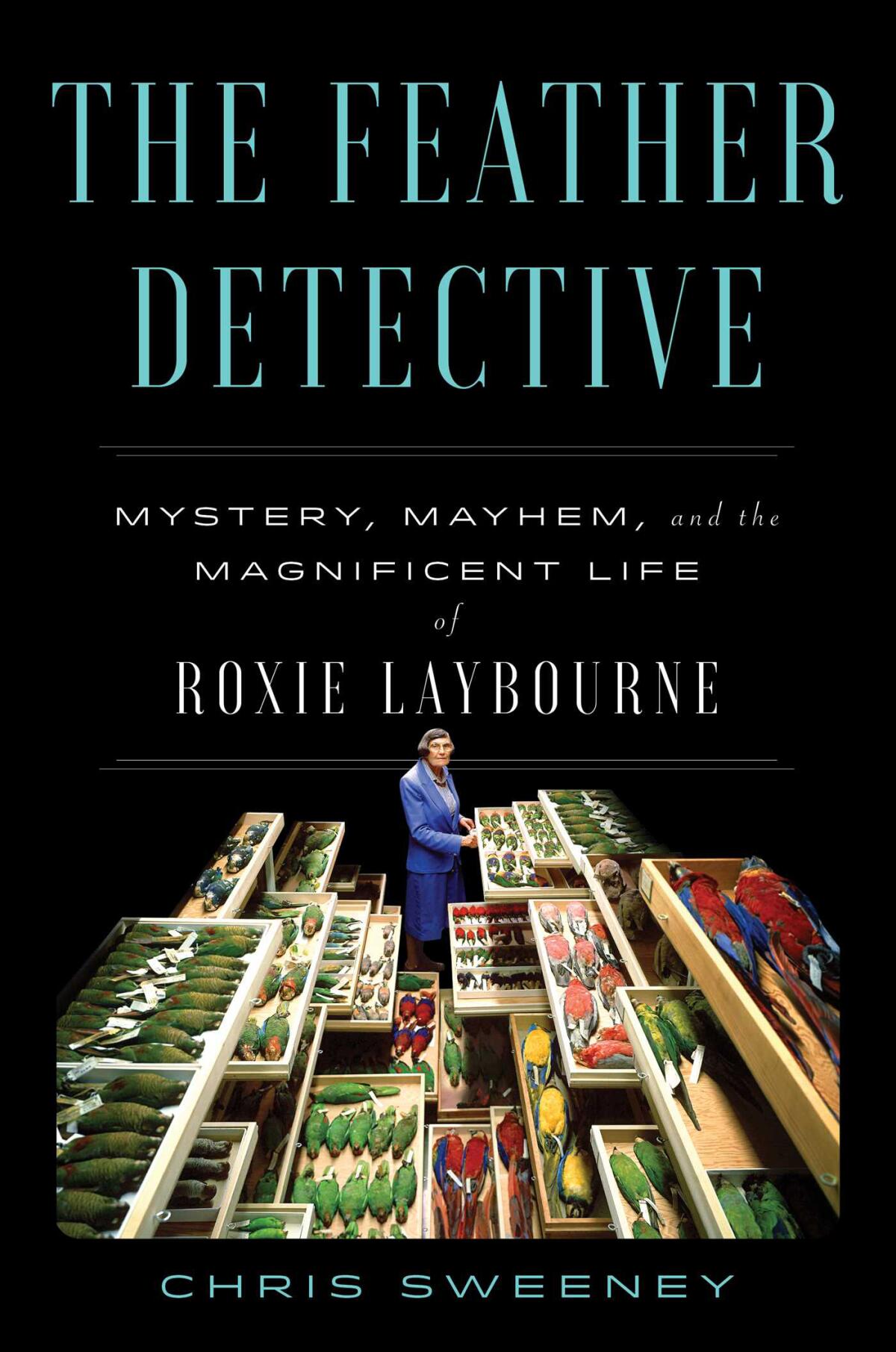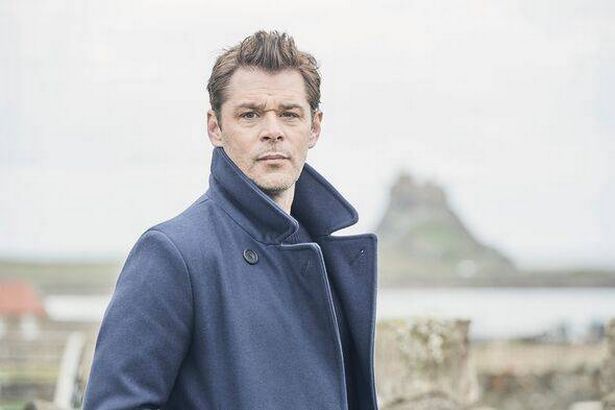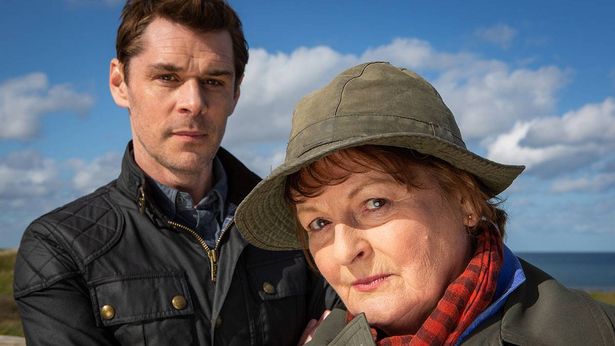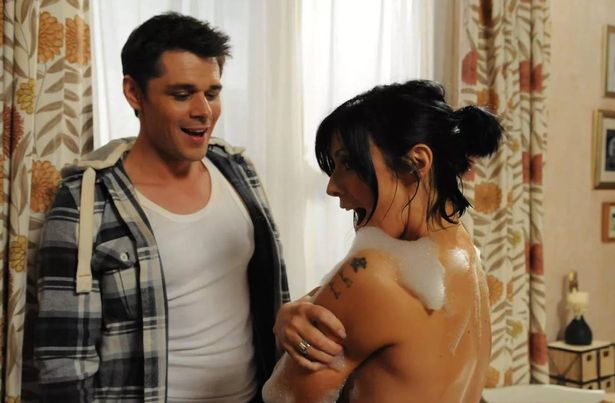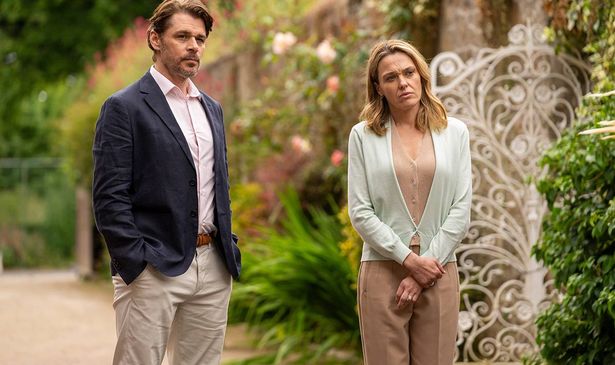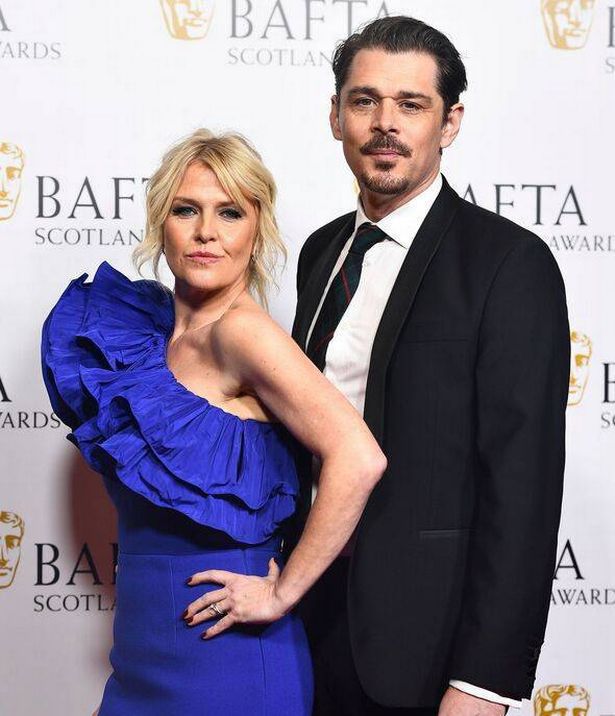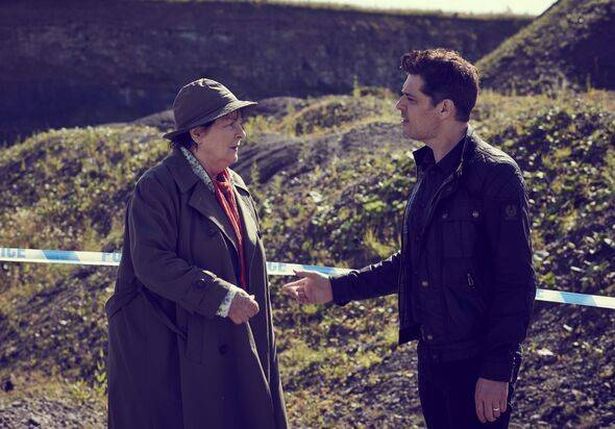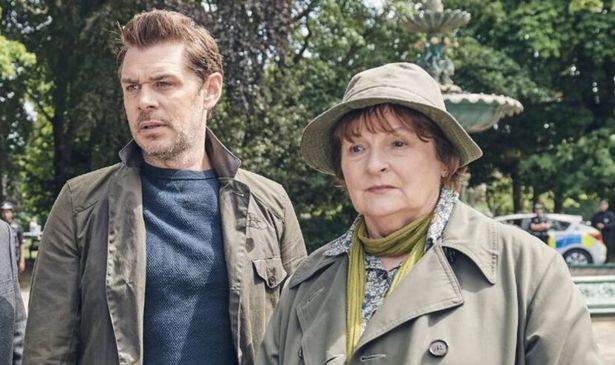Kenny Doughty was a well-known face on ITV as he starred in Vera as DS Aiden Healy for 10 years before his exit from the show and he also had a short-lived role in Corrie
Actor Kenny Doughty, who stole hearts as DS Aiden Healy in ITV’s hit crime drama Vera alongside Brenda Blethyn’s DCI Vera Stanhope, has bid farewell to the show that made him a household name.
Having joined forces with the Northumberland and City Police back in 2014 and dedicating a whole decade to aiding on-screen crime solving, Kenny announced he would be leaving the role of Aiden.
Although he remained tight-lipped about the reasons for leaving initially, earlier this year, in an emotional revelation to The i Paper, he disclosed it was all due to his stepdad’s terminal cancer diagnosis.
Kenny paid a heartfelt tribute: “Steve was a glorious, delightful man,” expressing his deep admiration, “I was proud to refer to him as my ‘dad’, not my stepfather.”
Moreover, he fondly recalled Steve’s influence on his life, crediting him for teaching valuable lessons.
“He was a lecturer in agriculture when he met my mum, and he taught me how to be a better man,” Kenny’s final months with his stepdad were both poignant and personal, involving a hands-on project of building a wooden house together in Ireland.
“It was a no-brainer, choosing to quit work and spend those last six months with him. We built a wooden house together by their home in Ireland and he taught me about wood, joinery, carpentry,” Kenny shared, encapsulating the irreplaceable time they spent together, reports Devon Live.
Vera itself concluded with its last episode in April 2025 following Brenda Blethyn’s departure.
Kenny was born in Barnsley and raised by his single mother, who pursued education after parting ways with his father when Kenny was still young. After earning a BA in English literature, she became a successful businesswoman and provided mentorship for community members.
Kenny initiated his acting career with small parts in films such as I Want You and Elizabeth, Heartbeat and the comedy series Dinnerladies.
He has featured in numerous popular television programmes; however, his role as Sean in the Sky series Stella in 2012 brought him more fame.
Kenny’s Corrie role
Soap fans will recall Kenny as builder Jake Harman in Coronation Street back in 2009.
Jake was introduced to the cobbles when local businessman Dev Alahan (Jimmi Harkishin) employed him to repair a roof. In a comical scene, he falls from a ladder and ends up hanging outside Michelle Connor’s (Kym Marsh) bathroom window.
After assisting Jake to safety, Michelle accidentally dropped her towel and he planted a kiss on her. A displeased Michelle dismissed him and reported Jake to the police for stalking before they briefly dated.
Kenny has also appeared in some of television’s most popular series including Heartbeat, Stella, Wire in the Blood, Casualty, and more.
In 2013, the actor played Gaz in a UK tour and the West End production of Simon Beaufoy’s stage play The Full Monty.
This year, Kenny made a comeback to prime time television in Channel 5 drama The Au Pair, where he portrayed the character Chris for four episodes.
Kenny’s famous wife
Kenny has found love again with well-known actress Ashley Jensen, 55, acclaimed for her appearances in Extras, Shetland, and Agatha Raisin. He’s taken on the role of stepfather to Ashley’s teenage lad, Frankie.
The two actors joined forces onscreen for the BBC One drama Love, Lies, and Records back in 2017.
Hailing from Scotland, Ashley portrayed Kate Dickenson in the esteemed drama series, with Kenny stepping into the shoes of the character Rick Severs.
Their budding romance blossomed a few years following the tragic passing of Ashley’s spouse, Terence Beesley, whose credits included The Bill, EastEnders, Heartbeat, and Midsomer Murders. Ashley and Terence’s decade-long marriage was blessed with a son, Francis.
In an intimate reveal to The i Paper, Kenny shared his views on parenting, saying: “I don’t see much difference between being a step-parent and a parent,” and “You’re parenting either way. You want the best for your child. I adore Frankie as if he was my son.”
Previously, Kenny was hitched to fellow actress Caroline Carver, whom he starred with both in Holby City and the poignant 2004 film The Aryan Couple.
Vera is available to watch on ITVX
